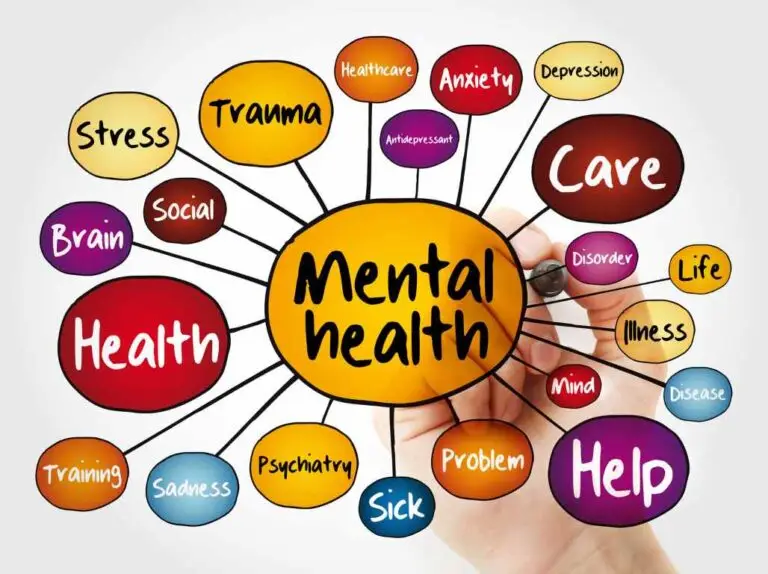How to Find Mental Health Care in Underserved Areas
Do you live far away from mental healthcare? Are you in an underserved region. We heard from a friend today who said she couldn’t get mental healthcare when she was in crisis recently. Depression and fear of suicide gripped her, and she didn’t know where to turn for help. This is so true for people who live in remote areas where resources are limited. So what can you do when access to mental health care is challenging in underserved areas?
This article will give you some tips on where to find resources to fit your needs. If you or someone you know and love is struggling, do some research about mental healthcare not only in underserved regions, but also online where a variety of services are available.
1. Explore Online Mental Healthcare Services
Telehealth has revolutionized access to mental health care, especially in underserved areas. Many providers offer virtual appointments, allowing individuals to receive therapy and counseling remotely. Check with local clinics and healthcare providers to see if they offer telehealth services. Look for online resources here
2. Explore Community Health Centers For Mental Healthcare
Is there a community health centers near you. Community health centers often provide mental health services on a sliding scale fee based on income. These centers are designed to serve underserved populations and can offer a range of services, including counseling, therapy, and medication management. Google community mental health centers and a list will come up near you.
3. Contact Local Nonprofits To Find Mental Healthcare
Nonprofit organizations often provide mental health services at reduced costs or for free. Organizations such as the National Alliance on Mental Illness (NAMI) and Mental Health America (MHA) can help connect individuals with local resources and support groups.
4. Look for Federally Qualified Mental Health Centers (FQHCs)
Federally Qualified Health Centers (FQHCs) receive federal funding to provide comprehensive health services to underserved populations. FQHCs offer mental health services, including therapy and medication management, on a sliding fee scale.
5. Seek Out Sliding Scale Therapists For Mental Healthcare
Many therapists offer sliding scale fees based on a patient’s ability to pay. This can make therapy more affordable for individuals in underserved areas. Websites like Open Path Collective can help find therapists who offer sliding scale fees.
6. School and University Resources Often Include Mental Healthcare
Schools and universities often have counseling centers that provide mental health services to students and community members. These services are usually offered at no cost or a reduced fee. Contact local educational institutions to inquire about available resources.
7. Check State and Local Government Resources
State and local governments often have programs and resources to support mental health care in underserved areas. This can include mobile mental health clinics, crisis intervention services, and funding for community mental health initiatives. Visit your state or local health department’s website for more information.
8. Participate in Support Groups
Support groups provide peer support and can be a valuable resource for individuals struggling with mental health issues. Organizations like NAMI and MHA offer online and in-person support groups. These groups can provide emotional support, practical advice, and a sense of community.
Learn More About Finding Mental Health Care in Underserved Areas
Finding mental health care in underserved areas can be challenging, but options like telehealth services, community health centers, local nonprofits, and sliding scale therapists can make it more accessible. Utilizing school resources, government programs, and support groups can also provide crucial support.
For those in Kentucky seeking comprehensive mental health treatment, The Bridge to Recovery in Bowling Green offers a sanctuary of healing and transformation. With over 50 years of experience, this residential workshop program provides a unique, holistic approach to mental health care.
More Articles To Read About Health
Benefits Of Drug Rehabs That Accept Medicaid
7 Critical Reasons For Inpatient Treatment
8 Ways To Make Rehab Affordable
4 Tips To Enjoy The Sober Lifestyle
How Does Methadone Treatment Aid Recovery





















